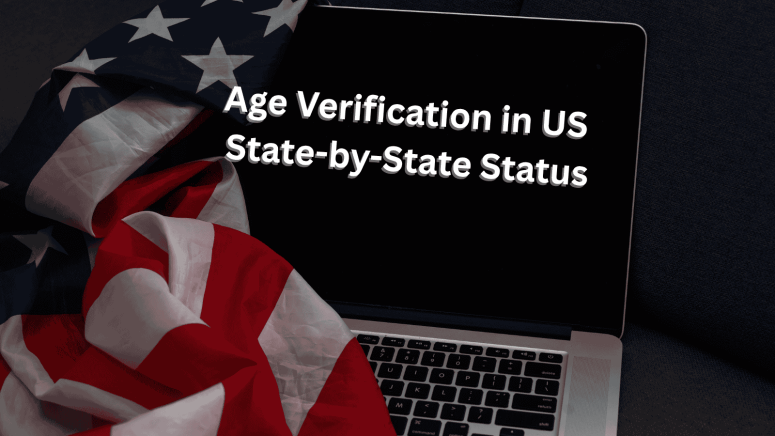
Age Verification Laws Across the U.S.: Full State-by-State Breakdown
- State legislation: 25 states have enacted age verification laws; others pending, failed, or not yet introduced.
- Penalties and compliance: Violations can trigger fines, liability for damages, and potential criminal charges in some proposed bills.
- Legal challenges: Laws face First Amendment disputes and Supreme Court review, affecting enforcement and future national legislation.
In recent years, many U.S. states have passed age verification laws requiring adult websites and platforms with content considered “harmful to minors” to verify their users’ ages. The push began in Louisiana and has since spread across much of the country, creating a patchwork of laws with varying rules and penalties.
These laws are not just expanding in number but also in scope. For example, Florida’s legislation extends beyond adult sites to restrict minors’ access to certain social media platforms.
So, where do these laws stand today, and which states are next?
What Do Age Verification Laws Require?
At their core, age verification laws aim to prevent minors from accessing online content deemed inappropriate. Websites with at least one-third of adult or “harmful” content are required to verify that users are at least 18.
Verification methods vary but often involve presenting a government-issued ID or using a third-party service. Websites that fail to comply face fines, lawsuits, or, in some cases, potential criminal charges under pending bills.
Adult content websites are the main target, though concerns remain about how these laws might impact user-generated platforms like OnlyFans and even streaming services if definitions broaden.
Consequences for Non-Compliance
Depending on the state, penalties can include:
- Financial liability for damages paid to minors exposed to adult content.
- Fines per violation or per day of non-compliance, sometimes reaching millions of dollars.
- Future criminal charges in states like Illinois and Indiana, where proposals include escalated punishments.
- Special taxes, such as Alabama’s 10% tax on adult content produced or sold in the state.
Notably, companies like Pornhub’s parent, Aylo, have chosen to block access in some states instead of implementing verification systems, citing legal risks.
State-by-State Status of Age Verification Laws
Here’s the current status of age verification legislation across all U.S. states, based on the Free Speech Coalition’s Age Verification Bill Tracker:
StateBill Status
Currently, 25 states have enacted laws, while others have bills pending or failed attempts. Only 10 states have not introduced any legislation: Alaska, California, Connecticut, Delaware, Maine, Massachusetts, New Hampshire, Rhode Island, Vermont, and Washington.
Federal and International Efforts
At the federal level, two proposals, the SCREEN Act and the CASE-IT Act, have been introduced but not advanced.
Globally, countries like the UK, France, and Germany have adopted or tested similar frameworks, while others, including Canada and the EU, are exploring possible regulations. Privacy and enforcement challenges remain a common theme.
Legal Challenges Ahead
Age verification laws face significant challenges in U.S. courts. Opponents argue that they:
- Violate First Amendment free speech protections.
- Impose burdensome requirements on adults accessing legal content.
- Overreach in regulating the internet, which transcends state borders.
The Supreme Court will ultimately play a pivotal role, as a ruling on Texas’s law is expected to influence outcomes in Indiana and beyond.
As more states move forward, the legal landscape around online access for minors remains unsettled. The coming Supreme Court ruling could shape how these laws evolve nationwide.












